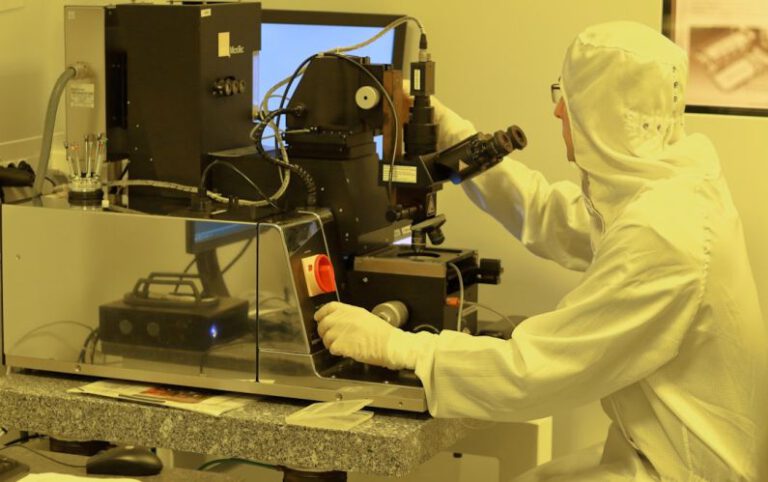What Are the Prospects of Personalized Medicine?
Personalized medicine, also known as precision medicine, is a revolutionary approach to healthcare that tailors medical treatment to the individual characteristics of each patient. By utilizing a person’s genetic makeup, lifestyle, and environment, personalized medicine aims to provide more effective and targeted therapies. The prospects of personalized medicine are promising, with the potential to transform the healthcare landscape and improve patient outcomes significantly.
Advancements in Genomic Medicine
One of the key pillars of personalized medicine is genomic medicine, which involves analyzing a person’s genetic information to understand their susceptibility to certain diseases and how they may respond to various treatments. The mapping of the human genome has paved the way for groundbreaking discoveries in the field of genomics, allowing researchers to identify genetic variations that contribute to the development of diseases such as cancer, heart disease, and diabetes. By understanding the genetic basis of these conditions, healthcare providers can offer more precise and personalized treatment options tailored to each individual’s unique genetic profile.
Targeted Therapies and Precision Treatments
Personalized medicine enables the development of targeted therapies that are designed to address the specific molecular pathways involved in a patient’s disease. By identifying biomarkers and genetic mutations associated with certain conditions, healthcare providers can prescribe medications that are more likely to be effective for the individual patient. This approach not only improves the efficacy of treatments but also reduces the likelihood of adverse side effects, as medications are selected based on the patient’s genetic compatibility.
Improved Diagnosis and Disease Prevention
Another significant benefit of personalized medicine is its ability to enhance early diagnosis and disease prevention. Through genetic testing and risk assessment, healthcare providers can identify individuals who are predisposed to certain conditions and implement proactive measures to prevent the onset of disease or detect it at an early stage when treatment is most effective. For example, genetic testing can help identify individuals with a high risk of developing certain types of cancer, allowing for increased surveillance and preventive interventions to reduce the likelihood of disease progression.
Enhanced Patient Outcomes and Quality of Life
Personalized medicine has the potential to significantly improve patient outcomes and quality of life by offering tailored treatments that are more effective and less invasive than traditional approaches. By focusing on individual patient characteristics, healthcare providers can optimize treatment plans to target the root cause of a disease, leading to better outcomes and reduced healthcare costs in the long run. Additionally, personalized medicine empowers patients to take an active role in their healthcare by providing them with personalized treatment options that align with their unique needs and preferences.
Challenges and Future Directions
While the prospects of personalized medicine are promising, there are still challenges that need to be addressed to fully realize its potential. One of the primary challenges is the integration of genomic data into clinical practice and the development of standardized guidelines for interpreting genetic information. Additionally, issues related to data privacy, ethical considerations, and healthcare disparities must be carefully navigated to ensure equitable access to personalized medicine for all patients.
Looking ahead, the future of personalized medicine holds great promise for transforming the healthcare industry and improving patient care on a global scale. With continued advancements in genomics, technology, and data analytics, personalized medicine will continue to evolve and revolutionize the way diseases are diagnosed, treated, and prevented. By harnessing the power of personalized medicine, healthcare providers can deliver more precise, effective, and individualized care that maximizes patient outcomes and enhances overall well-being.






